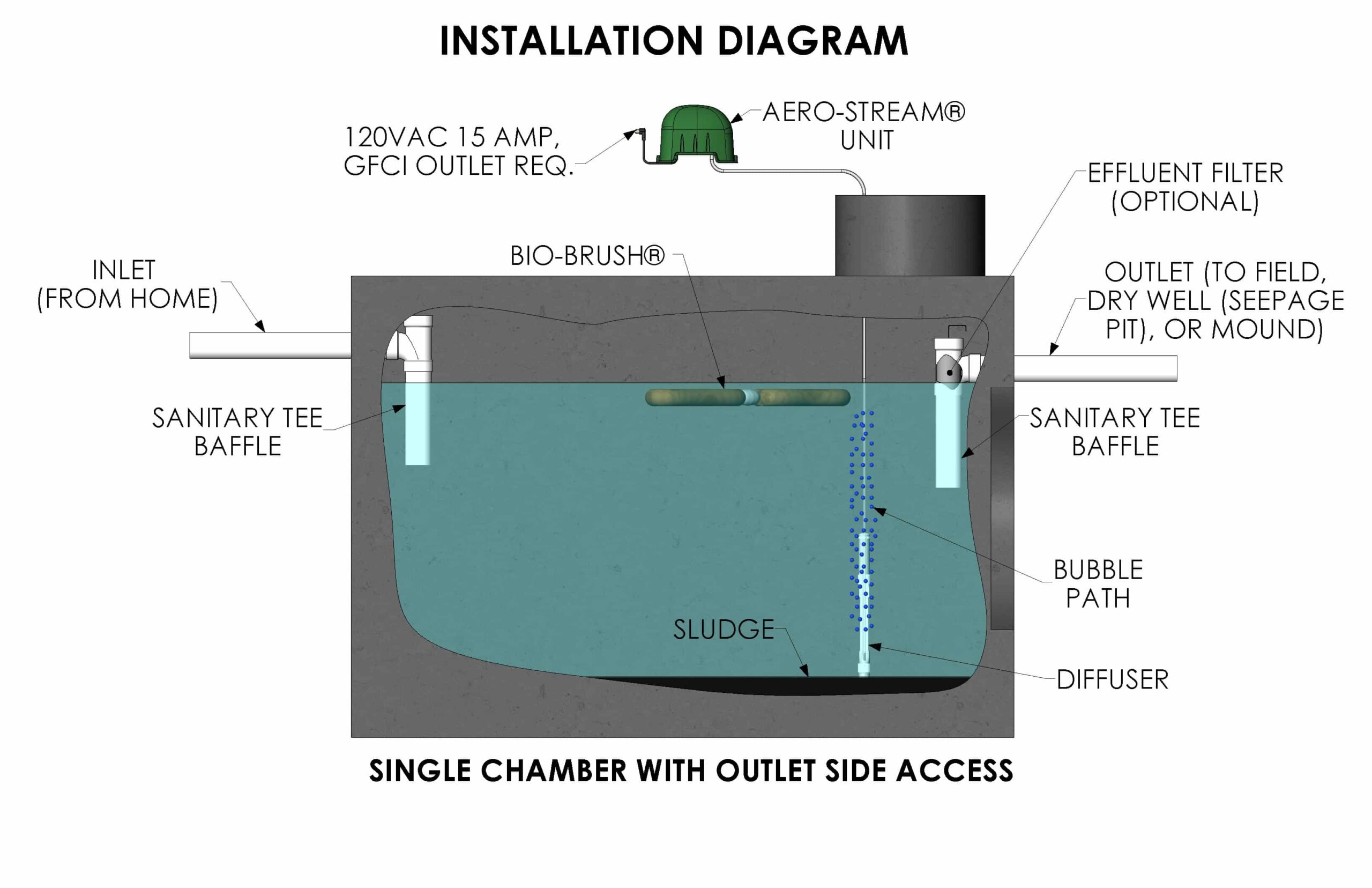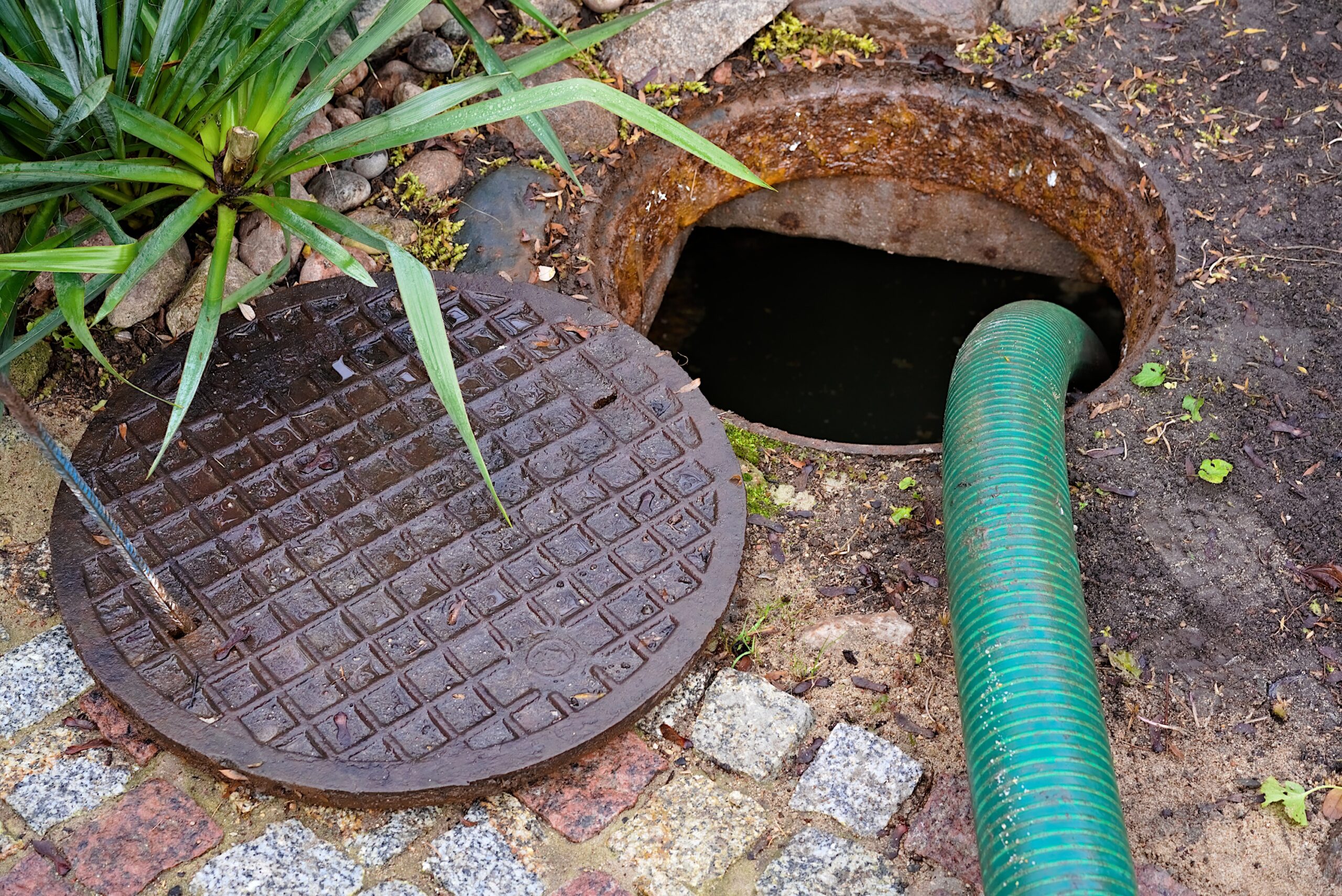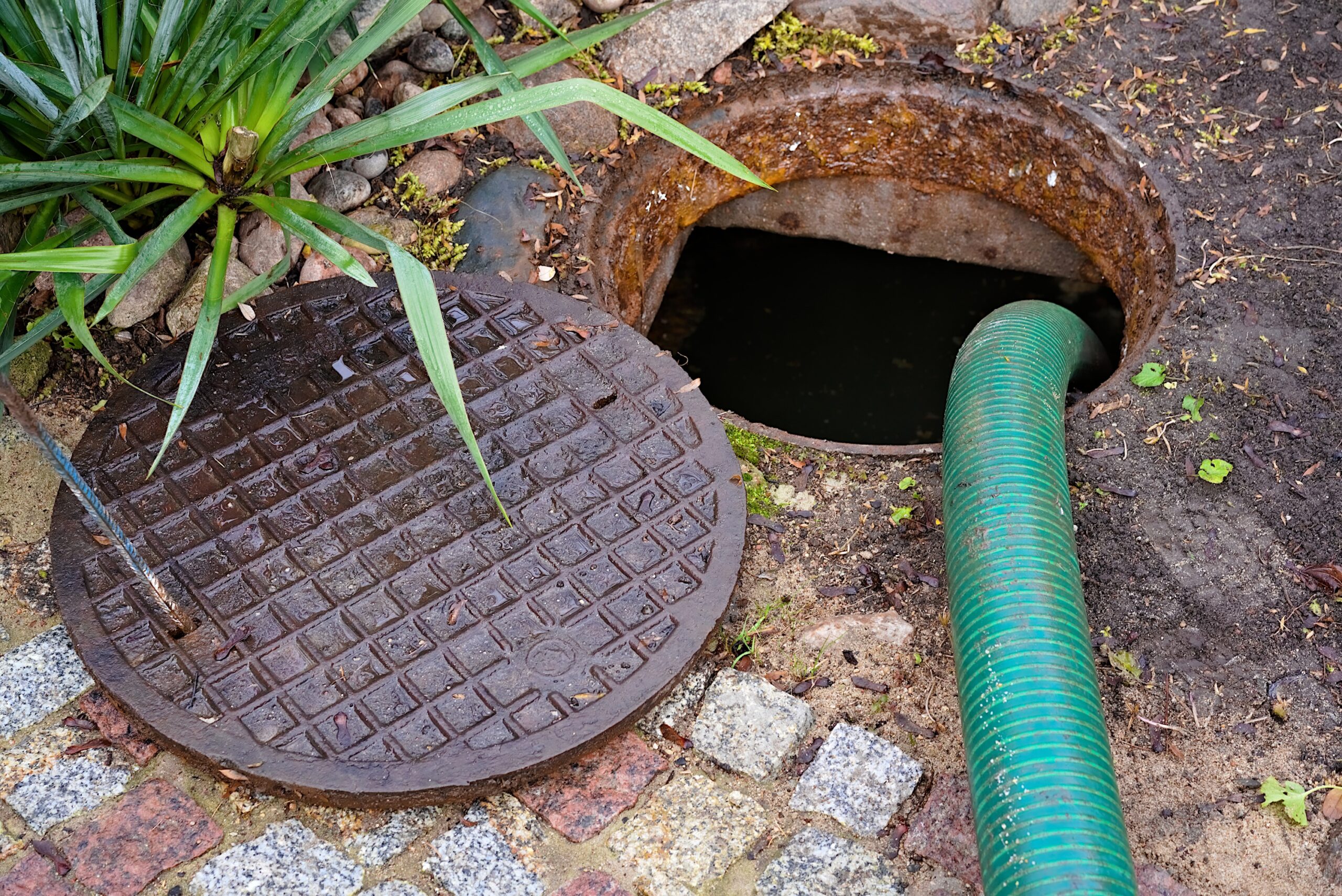Increasingly intrusive regulations regarding the maintenance of septic systems have become a regular fixture in many areas of the U.S. These regulations are often accompanied by added charges to the homeowners for inspections, permits and operational upgrades. In some cases, full replacements or alternative methods of waste disposal may be required by local health departments or county zoning boards if systems appear to be failing or are allowing pollutants to escape into the water table.
Costs of ownership
An article published in the April 21, 2013 edition of the Independent Record outlined the new challenges facing residents of Lewis and Clark County in Montana. The county recently instituted new paperwork requirements and regulations for property owners with septic systems. The City-County Board of Health is in its second year of evaluation and inspections designed to identify septic system problems. As part of this process, the health department requires all septic tank owners to fill out an extensive survey. This added paperwork is placing a serious burden on homeowners, especially since the online submission form created by the county experienced a number of technical difficulties during its initial implementation. The charges associated with these investigations were passed on to the homeowners in the form of fees for filing, creating further bad feeling among septic system owners. Many residents of the county also found some of the questions to be unnecessarily intrusive, including the following:
- “How often do you wash laundry?”
- “Are there more people living in your home than there are bedrooms?”
- “Do you have three or more overnight guests at a time, or have large groups visit your house?”
Residents questioned the relevance of these questions; many considered them to be invasions of personal privacy. The county apparently used the answers to these and other questions as a basis for determining the frequency for required pumpings of the owner’s septic tank. While revisions to the questions are currently being implemented, the City-County Board of Health of Lewis and Clark County is still dealing with a significant public relations backlash from property owners over the new fees and regulatory requirements.
Maintaining septic tanks responsibly
Although the trend toward increased regulation is likely to continue, homeowners may be able to avoid governmental interventions by taking steps to increase the efficiency of their septic systems. Installing an aeration system is a good first step in extending the functional life of septic systems. A septic aerator can promote the growth of highly efficient aerobic bacteria to produce faster decomposition and improved purification of wastewater and particulate matter in the tank. This can significantly improve the performance of the septic system and help to improve the quality of water being released back into the water table.
Septic aeration systems are a proven way to improve the functionality of septic tanks and to increase the quality of the water released by these systems. By integrating these aerators into existing septic tanks, homeowners can avoid fines and replacement costs assessed by local and state environmental and health protection agencies.











